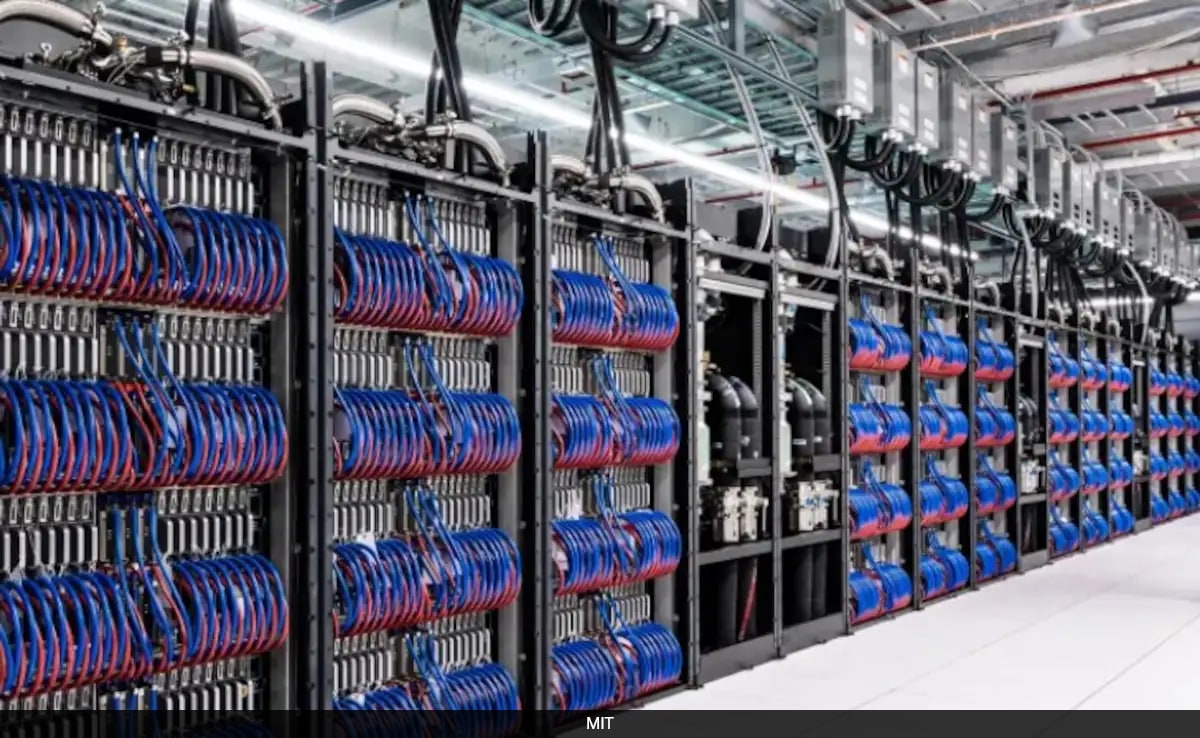It would be the first ‘zetta-class’ supercomputer in the world.
Japan is building a super-fast computer, the first of its kind, that will be 1,000 times faster than any computer we have now. It will be ready to use in 2030 and could cost over $780 million to make. This new computer will help Japan stay ahead in developing artificial intelligence (AI).
According to Japan’s Ministry of Education, Culture, Sports, Science, and Technology (MEXT), development of a successor to the country’s flagship supercomputer, Fugaku, will begin in 2025. The supercomputer could reach speeds on a zetaFLOPS scale, which has never been achieved before.
According to Live Science, “Floating-point operations per second (FLOPS) is used to measure how fast computers can solve problems-where one floating-point operation is a single calculation. A supercomputer with a speed of 1 zetaFLOPS could make one sextillion (1 followed by 21 zeros) calculations per second. Today’s most powerful supercomputers have only just broken the exaFLOPS barrier, meaning they can make just over one quintillion (1 followed by 18 zeros) calculations per second.”
The Japanese news site Nikkei stated in a translated article that the decision to create such a powerful machine was taken “in order to keep up with the development of scientific research using artificial intelligence.”
According to ScienceAlert, supercomputers have proved consistently useful to scientists, helping researchers simulate black holes, discover new materials, model Earth’s future, and probe the foundations of mathematics. As these machines continue to get more powerful, we should see their capabilities expand too.Unlike quantum computers, supercomputers aren’t too different from the desktops and laptops we all use every day; they’re just scaled up to an incredibly high level. They’re still based on processors, memory, and storage, but taken to extremes.
An upgraded zetta-class machine could be trained on more data at a faster speed and produce results that are more detailed, more accurate, and more comprehensive. If all goes well, six years from now, there should be a new supercomputer standard.
Waiting for response to load…















